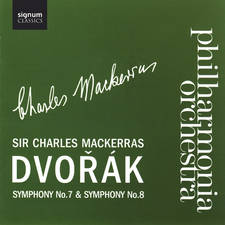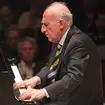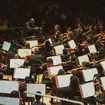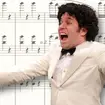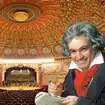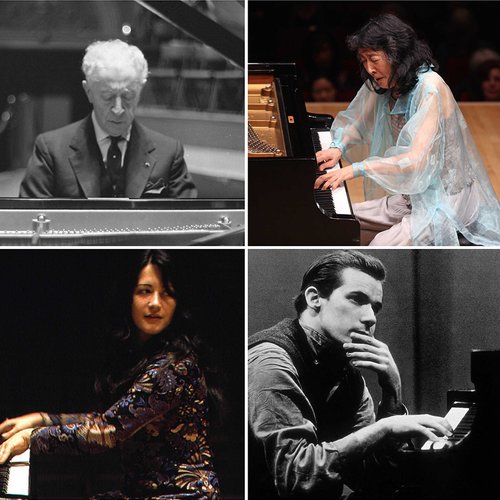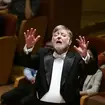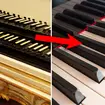Beethoven String Quartets
Why should Beethoven’s string quartets have come to represent the pinnacle of achievement in western classical music? After all, this is a modest, intimate format involving just four players, better suited to the living room than the auditorium.
Yet there’s more to it than that. It’s precisely because Beethoven navigates the heights of invention and the depths of philosophical profundity with such economy of means that the originality of these works stands out – and does so with such power that few later composers could hope to match it.
Beethoven began exploring the quartet in his late twenties. His first set of six, Op.18, follow in the wake of Haydn and Mozart, who had egged each other on to fashion from this salon genre the intimate equivalent of a small symphony; indeed, Beethoven’s Fifth Quartet was modelled on Mozart’s Quartet, K464. Even then, Beethoven rarely if ever repeated himself. Each work takes an individual approach to structure: in his Op.18 he seems to put out feelers that extend the music’s possibilities.
It was in the three great Op.59 quartets dedicated to his patron, Count Razumovsky, that Beethoven found his feet in 1806. These quartets are symphonies in all but instrumentation, with concentrated power and energy that tap into the same breadth of vision that Beethoven was striving for in his greatest orchestral works. But there was further to go, and in his Op.74, the ‘Harp’ Quartet of 1809, Beethoven started the onward journey. While it shares the Op.59 quartets’ punchy concentration and generous spirit, it begins to open the doors that Beethoven would push wide in his late quartets.
It is, of course, the late quartets that broke the most ground. The opening of the Op.95 Quartet is their prelude, plunging us into that journey with one driving, whirling motif. By now stone deaf, Beethoven was isolated in a soundworld restricted to that of his own imagination – but that imagination knew no boundaries.
The late quartets, each unique in form, each breaking away the shell of classical structure, have never ceased to astonish, even to intimidate; composers through to the present day have held them up (for better or worse) to prove that new music does not have to be understood by its audiences in order to be great. Yet we still sense that Beethoven is translating into sound an attitude towards human existence that is virtually impossible to articulate in words.
ometimes his ambition got the better of him: the Grosse Fuge started life as the finale to the Op.133 Quartet, but its length and complexity was such that he eventually relegated it in favour of an alternative finale. The slow introduction to the last movement of his final quartet, Op.135, sets the agonised words Muss es Sein? (“Must it be?”) which it then answers in an unexpected blaze of triumph, Es muss Sein! (“It must be!”). And the pain is transmuted into lightness, energy and joy. The statement feels profound – yet the whole thing apparently started as a joke regarding money owed. Typical Beethoven.
Few composers were brave enough to emulate the late quartets – virtually until Bartók. And therein lies their ultimate significance. Beethoven paved the way for the wonderful (if less ambitious) quartets of Schubert, Schumann and Brahms; but his influence didn’t truly come into its own until the 20th century. Rarely has music been as far ahead of its time as these unlikely works for just four musicians.
TOP 5 RECORDINGS
Top Choice…
Budapest Quartet
The Quartet’s performances of the middle and late works offer a rapt concentration and tremendous intensity that balances inward radiance with the outward projection of Beethoven’s visionary glow.
Bridge 9099/72
Also consider…
Takács Quartet
Modern winner of the early, middle and late quartets full of the verve, precision and excitement for which the Takács is so celebrated.
Decca 470 8482/8472/9492
Busch Quartet
A selection of quartets on these 1930s classics. Leader Adolf Busch plays with powerful eloquence and the ensemble as a whole seems to function as one.
Dutton CDBP 9765/73/86/94
Alban Berg Quartett
Rich-toned accounts in which every note feels cherished. A marvellous sense of ebb and flow lets the final works unfold as if they’re the most natural thing in the world.
EMI Classics 573 6062
Amadeus Quartet
For many, these were the definitive recordings of their day. In these 1960s accounts, glitz is downplayed in favour of collegial spirit and warm-heartedness.
Deutsche Grammophon 463 1432
